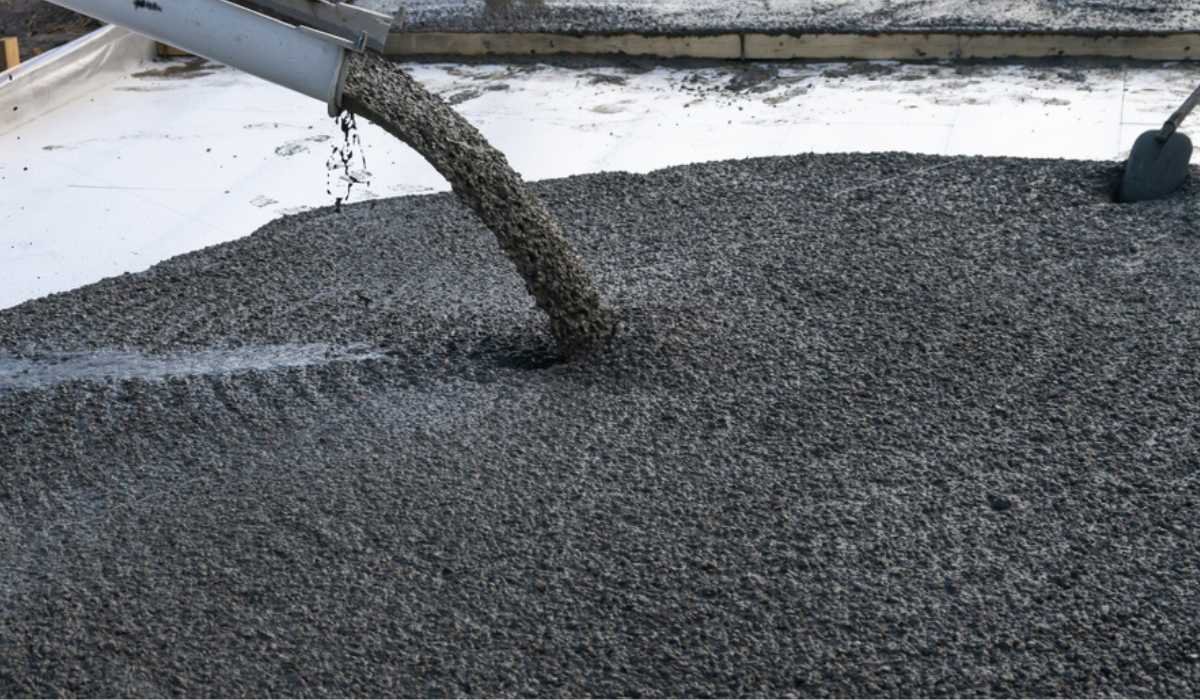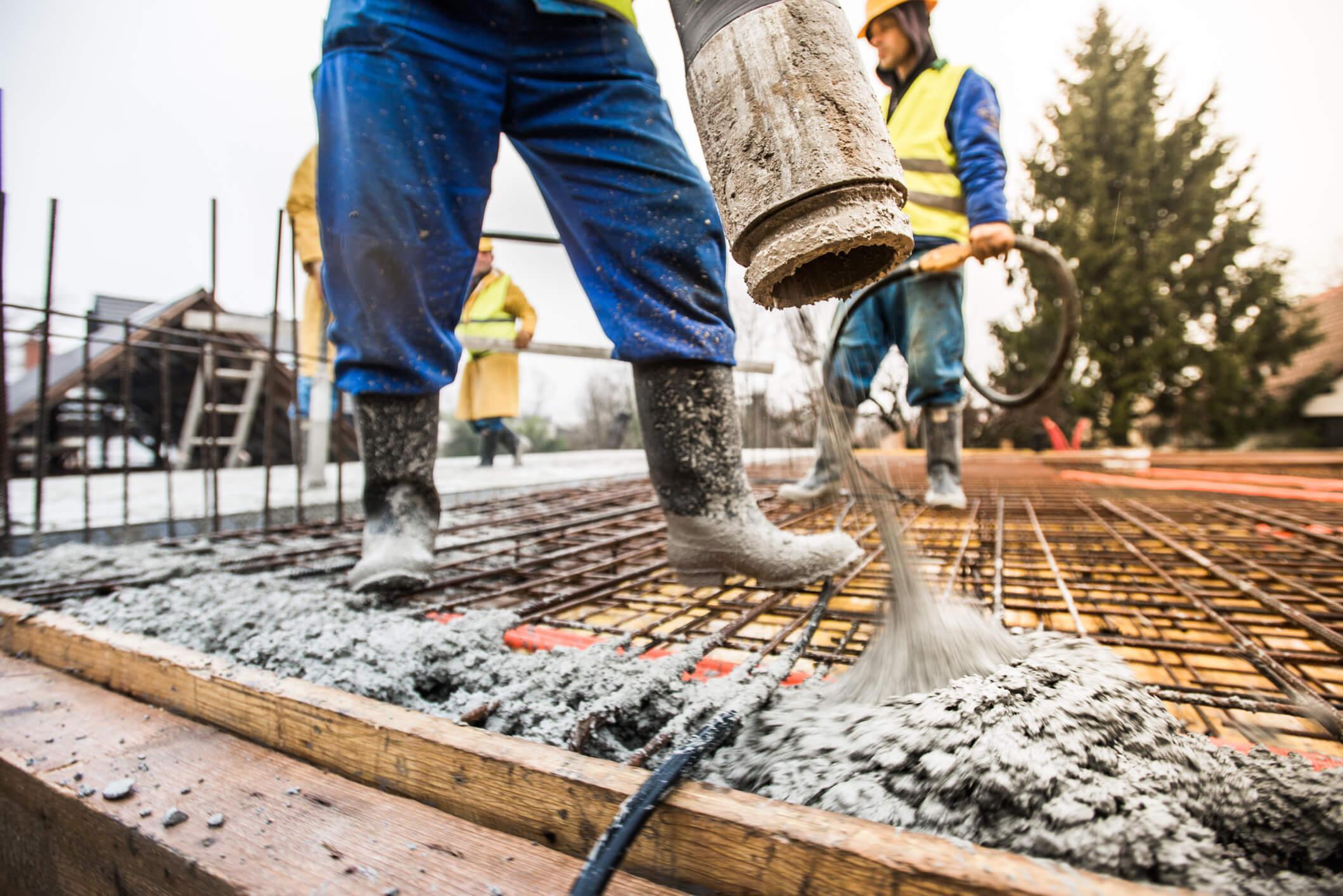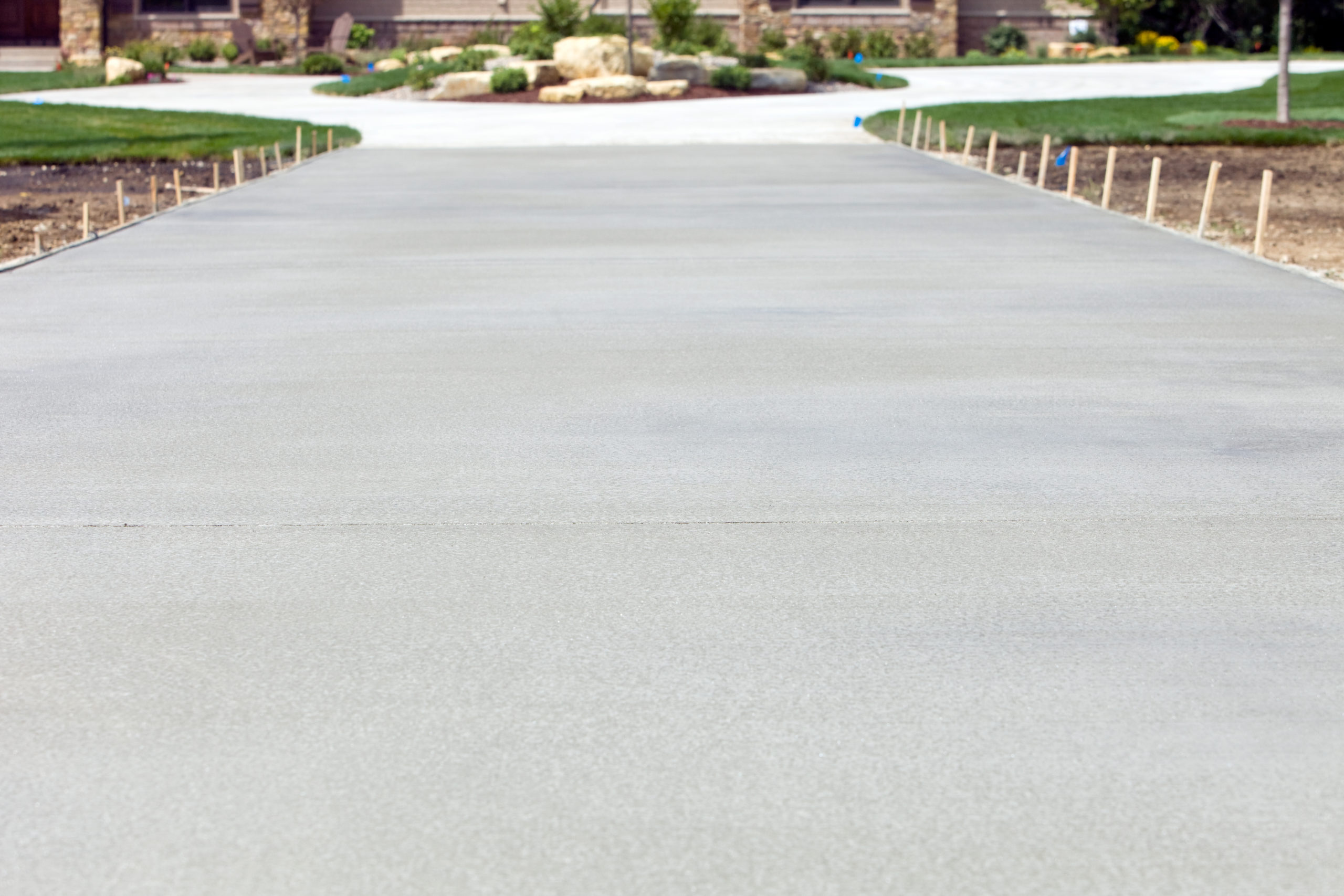Residential and Commercial Concrete Services: Customized to Your Task Demands
Residential and Commercial Concrete Services: Customized to Your Task Demands
Blog Article
Introducing the Eco-Friendly Advantages of Making Use Of Recycled Concrete in Sustainable Building Practices
In the realm of sustainable construction practices, the utilization of recycled concrete stands as a pivotal yet often undervalued source. Past its traditional applications, recycled concrete offers a myriad of environment-friendly advantages that extend much past the confines of conventional construction materials. From reducing ecological influence to improving cost-efficiency, the implications of integrating recycled concrete in sustainable structure methods are significant. This versatile product not only addresses pressing ecological worries however also offers a feasible service to the challenges encountered by the building and construction market at large.
Ecological Benefits
Undoubtedly, one of the most significant benefits of making use of recycled concrete is its positive impact on the environment. By incorporating recycled concrete right into building methods, there is a considerable reduction in the demand for brand-new raw materials, leading to preservation of all-natural resources. This process aids in protecting aggregates, water, and power that would have been utilized in generating brand-new concrete. Furthermore, making use of recycled concrete lessens the quantity of waste being sent out to land fills, thereby lowering environmental pollution and relieving the strain on landfill capacities.

Furthermore, the production of traditional concrete is a substantial resource of carbon discharges because of the energy-intensive process of cement manufacturing. On the other hand, recycled concrete has a reduced carbon impact as it decreases the demand for brand-new concrete manufacturing. This reduction in carbon emissions adds to mitigating environment modification and supports lasting building practices. Overall, the ecological benefits of using recycled concrete are significant and play a vital function in advertising green building methods.
Cost-Efficiency
Accomplishing cost-efficiency is a vital factor to consider when assessing the usage of recycled concrete in building jobs. One of the crucial benefits of making use of recycled concrete is its cost-effectiveness contrasted to typical concrete.
Furthermore, the use of recycled concrete can cause cost savings in land fill prices by drawing away concrete waste from disposal websites. This not just lowers the ecological influence yet additionally removes the prices related to waste removal. Additionally, the toughness and efficiency of recycled concrete approach conventional concrete, ensuring that cost savings do not compromise the quality of the building.
Resilience and Strength
Taking into consideration the considerable cost-efficiency advantages of making use of recycled concrete, it is important to examine its durability and toughness in building applications. Recycled concrete offers equivalent, otherwise exceptional, resilience and toughness homes to conventional concrete. Through innovations in processing strategies and top quality control, recycled concrete can satisfy or exceed the efficiency standards of standard concrete. The process of reusing concrete includes squashing, sorting, and evaluating old concrete to create aggregates that can be utilized in new building and construction tasks. These recycled aggregates can supplying satisfying compressive stamina, longevity, and long-lasting efficiency.

Waste Reduction
Reliable waste reduction techniques play an important duty in the sustainable utilization of resources within the construction market. Waste reduction is an essential advantage that adds dramatically to environmental conservation when it comes to utilizing recycled concrete. Typical construction methods commonly create substantial amounts of waste, particularly in the type of concrete rubble from demolition sites. By integrating recycled concrete right into building jobs, this waste is repurposed and diverted from land fills, reducing the overall ecological influence of building tasks.
Recycled concrete not only aids in reducing the amount of waste that finishes up in landfills however likewise conserves natural deposits by reducing the demand for brand-new accumulated materials. This procedure of waste reduction promotes a round economic situation within the building sector, where products are reused and recycled to develop an extra lasting sector. Furthermore, making use of recycled concrete can bring about set you back savings for building and construction jobs, as it is typically more budget-friendly than sourcing and carrying brand-new materials. In conclusion, waste decrease through the use of recycled concrete is an important part of sustainable building and construction practices that profits both the building and the setting industry in its entirety.
Power Preservation
Energy preservation is a critical aspect of sustainable building practices, intending to lower the total power usage connected with structure operations and materials production. find here When it pertains to making use of recycled concrete in construction, considerable power financial savings are navigate here achieved compared to traditional concrete production. The process of producing recycled concrete involves crushing and reusing existing concrete products, which eats much less power than mining, handling, and moving raw products for brand-new concrete manufacturing. Furthermore, the use of recycled concrete can help decrease the demand for virgin aggregate, more lowering the energy-intensive removal and handling of natural resources.
Conclusion
To conclude, the application of recycled concrete in sustainable construction practices uses many environmental advantages, cost-efficiency, longevity, stamina, waste reduction, and power conservation. By incorporating recycled concrete right into construction tasks, we can contribute to a more eco pleasant and sustainable future. It is necessary for the construction industry to prioritize the use of recycled materials to help lower the ecological impact of building and construction activities.
One of the key benefits of using recycled concrete is its cost-effectiveness compared to traditional concrete.In addition, the usage of recycled concrete can lead to financial savings in landfill check these guys out expenses by drawing away concrete waste from disposal sites. The sturdiness and efficiency of recycled concrete are comparable to traditional concrete, ensuring that expense financial savings do not compromise the high quality of the building and construction.

Report this page